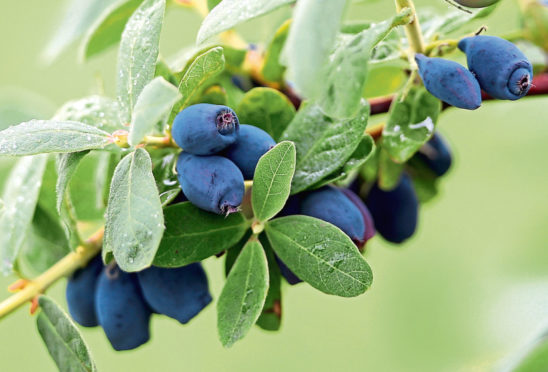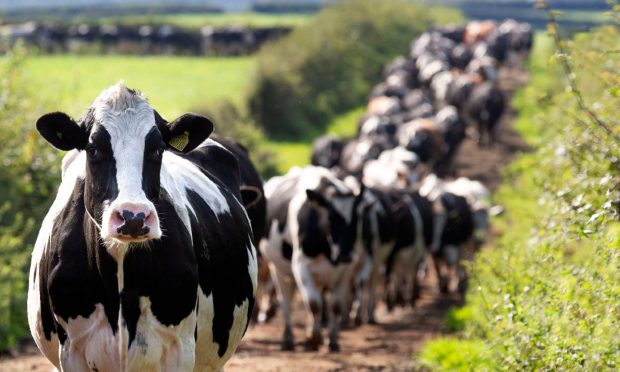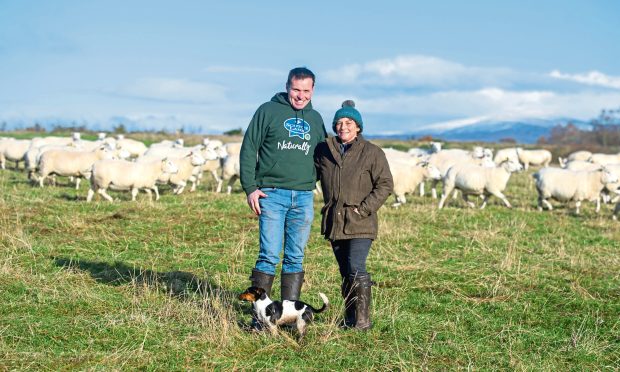An enthusiastic response to a series of tasting sessions and months of market research has encouraged the Scottish Honeyberry Project to press ahead with plans to produce a commercial product.
A meeting of the Scottish Society for Crop Research in Dundee heard local production of the novel crop has now reached a stage where it needs to have a market presence.
A co-operative with 10 producers is already growing around 100 acres of the crop and according to James Hutton Institute (JHI) researcher Louise Gamble, who is co-ordinating an Innovate UK-funded project, at least five more farmers are keen to join.
“The original plan was to contain the co-operative to 10 growers but there has been a lot of interest in the last year and the group is considering expanding the membership,” she said.
“All our market research and tastings have shown that consumers are really enthusiastic about honeyberries even though they’d never heard of them before, so the key thing now is to have a presence in the market to show consumers what’s there and build on the current interest in healthy eating.
“We’re currently working alongside food processors and manufacturers, looking at the best way of drying and using the honeyberries and we’re aiming to push into the breakfast market.
“It’s just a question how quickly we can find the technologies.”
The co-operative already has two to three tonnes of frozen honeyberries available for use in the food sector and a bigger harvest is predicted this summer as more mature plants produce more fruit.
Honeyberries are widely grown in Russia, Japan, Poland and Canada and production is expanding across Germany, the Netherlands, northern Italy and in New Zealand.
The crop is deemed suitable for Scottish conditions because it is winter-hardy and has good pest and disease resistance, but the project is investigating other aspects of its agronomy and Ms Gamble told fruit growers some varieties were growing “extremely well” at the moment.
She said: “They are promising and the potential of the crop is immense.
“It’s very low-input and we have the backing of JHI research and a group of farmers who are really involved and supportive of their idea. That positivity, together with consumer reaction to the fruit means the honeyberry market will develop in future.”
The £180,000 Innovate UK project, which combines research into the crop and developing market opportunities, began last year and runs to February 2022.
nnicolson@thecourier.co.uk










